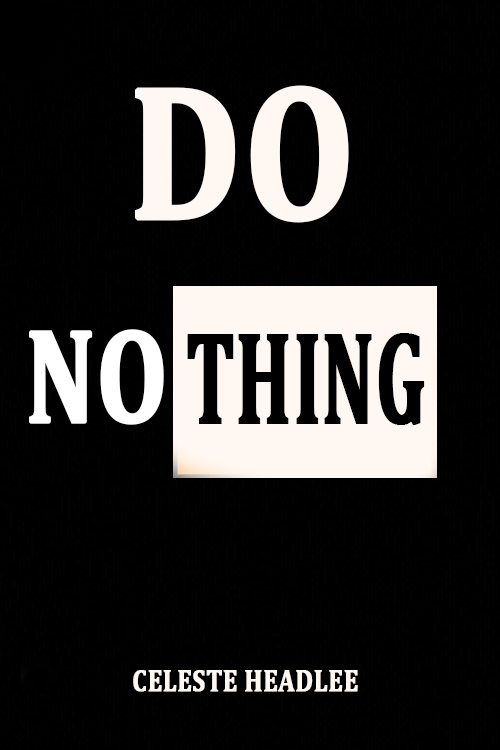About this Author
Celeste Headlee hails from Whittier, California, and is recognized as an accomplished speaker, journalist, author, and radio host. Her debut book, "We Need To Talk: How To Have Conversations That Matter," inspired by her TED talk, received the 2017 Silver Nautilus Award in Relationships & Communication.
2020
Self-Help
14:59 Min
Conclusion
7 Key Points
Conclusion
The obsession with productivity stems from historical shifts and societal pressures, impacting work-life balance and human connections. To reclaim happiness, focus on meaningful goals over mere efficiency, balancing work with genuine leisure and nurturing relationships beyond superficial measures of success.
Abstract
Celeste Headlee explores the historical foundations and enduring impact of our modern fixation with productivity on modern living. Headlee argues for a reevaluation of priorities, citing the Industrial Revolution's impact on labor standards as well as the current demands of success and continuous development. She stresses the significance of striking a balance between productivity and interpersonal connection as well as personal fulfillment, and she exhorts readers to reconsider how they spend their time and energy. Headlee promotes a more contented way of living that puts happiness and real relationships ahead of constant busyness and flimsy accomplishments by concentrating on meaningful goals rather than just productivity.
Key Points
- Historical shifts in work norms during the Industrial Revolution drive modern productivity obsession.
- Efficiency pressures extend beyond work to influence personal and leisure choices.
- Social media intensifies productivity drive through constant comparison and validation-seeking.
- Efficiency in communication overlooks the emotional depth of face-to-face interactions.
- Balancing efficiency with genuine human connections enhances overall well-being.
- Reevaluating goals, not just processes, reclaims meaningful time and happiness.
- Managing time perception reduces stress and enhances leisure effectively.
Summary
The Historical Roots of Our Obsession with Productivity
In recent times, productivity has become a hot topic. It seems like everyone is getting busier, aiming for more ambitious goals in both work and personal life. Your friends might be inspiring you to run a marathon, or you might be planning for a promotion. Perhaps you're debating whether your kids should learn a musical instrument or try out a new sport.
If you find yourself constantly adding to your to-do lists, trying to make your schedule more efficient, and wishing for extra hours in the day, you might have fallen into what some call the "efficiency obsession." This mindset suggests that being busier means being better. Though it's particularly strong now, this phenomenon didn't emerge overnight.
The Evolution of Work and Wealth Distribution
In earlier times, even medieval peasants worked fewer hours and had more time off compared to modern workers. However, during the Industrial Revolution, factory owners started paying workers by the hour instead of per task. This change led to longer work hours becoming the norm.
In the United States,
Share:



